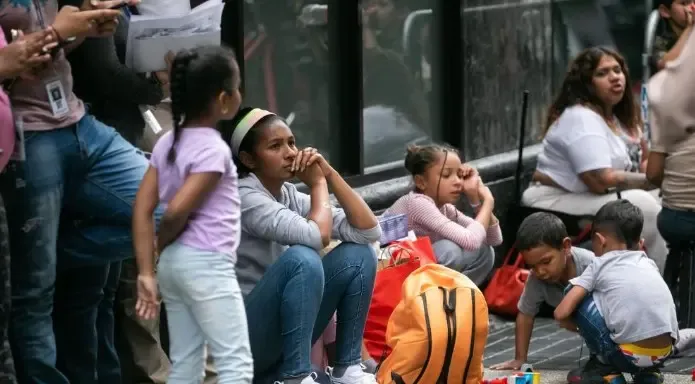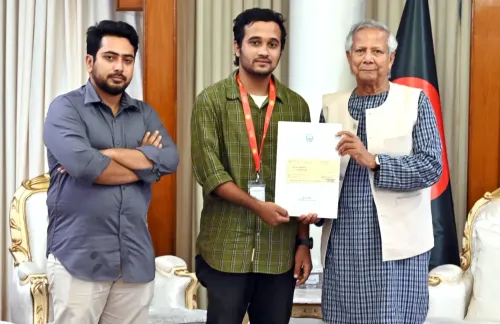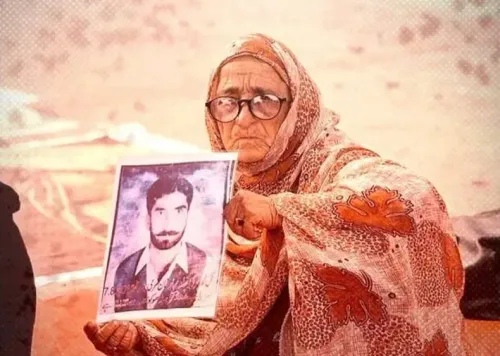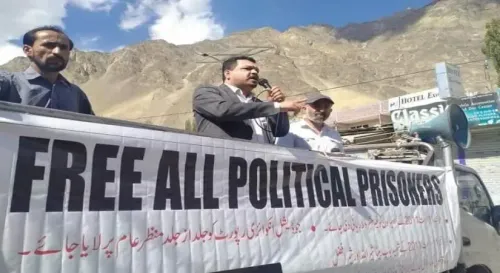Italy Reinstates Controversial Migrant Transfers to Albania

Synopsis
Key Takeaways
- Italy resumes transfers of asylum seekers to Albania.
- Program aims to reduce migrant influx.
- Controversial due to Albania's non-EU status.
- Projected costs are criticized as ineffective.
- Critics raise concerns over asylum rights in Albania.
Rome, Jan 28 (NationPress) Italy has resumed its controversial initiative of transferring asylum seekers intercepted in the Mediterranean to Albania, several months after a ruling from judges in Rome halted these transfers.
On Sunday, a vessel from the Italian Navy conveyed 49 male asylum seekers to Albania. This initiative, which involves Albania, aligns with the strategy of Italian Prime Minister Giorgia Meloni to mitigate the influx of migrants arriving in Italy, as reported by Xinhua news agency.
This approach is divisive since Albania is not part of the European Union, which means that the refugees do not enjoy the protections afforded under EU asylum regulations.
Critics within Italy have described the initiative as both costly and ineffective, pointing out that the anticipated cost of 800 million euros (approximately 840 million US dollars) will only address a minuscule portion of the annual migrant surge to Italy.
The United Nations High Commissioner for Refugees has reported that over 66,000 asylum seekers arrived on Italian shores in 2024, a significant decrease from nearly 158,000 in the previous year.
In October of last year, Italy initiated the transfer of migrants to two new and contentious facilities in Albania, located in the towns of Shengjin and Gjiade.
The asylum seekers will undergo identification processes and will stay at the centres until Italian authorities can evaluate their asylum applications.
In early November 2023, the Italian government formalized a five-year agreement with Albania to establish these two centres.
These facilities will house migrants rescued within Italy's operational search and rescue zone in the Mediterranean, who wish to apply for asylum in Italy.
Transfers will include migrants from countries deemed safe by Italy, excluding minors, women, the elderly, or those who are otherwise vulnerable, as stated by Italian authorities.
This initiative has sparked controversy both domestically and across Europe. The centres have faced criticism from centre-left and left-wing political factions and human rights organizations, who express concerns over the adequacy of asylum seekers' rights protection in Albania.
Conversely, right-wing political factions in Italy and Europe perceive the project as a potential model for addressing irregular immigration.
The Italian Interior Ministry will oversee the project, and Italian staff will operate the centres, while Albania will be responsible for perimeter security.
A cap of 3,000 migrants will be imposed on those accommodated in Albania.









